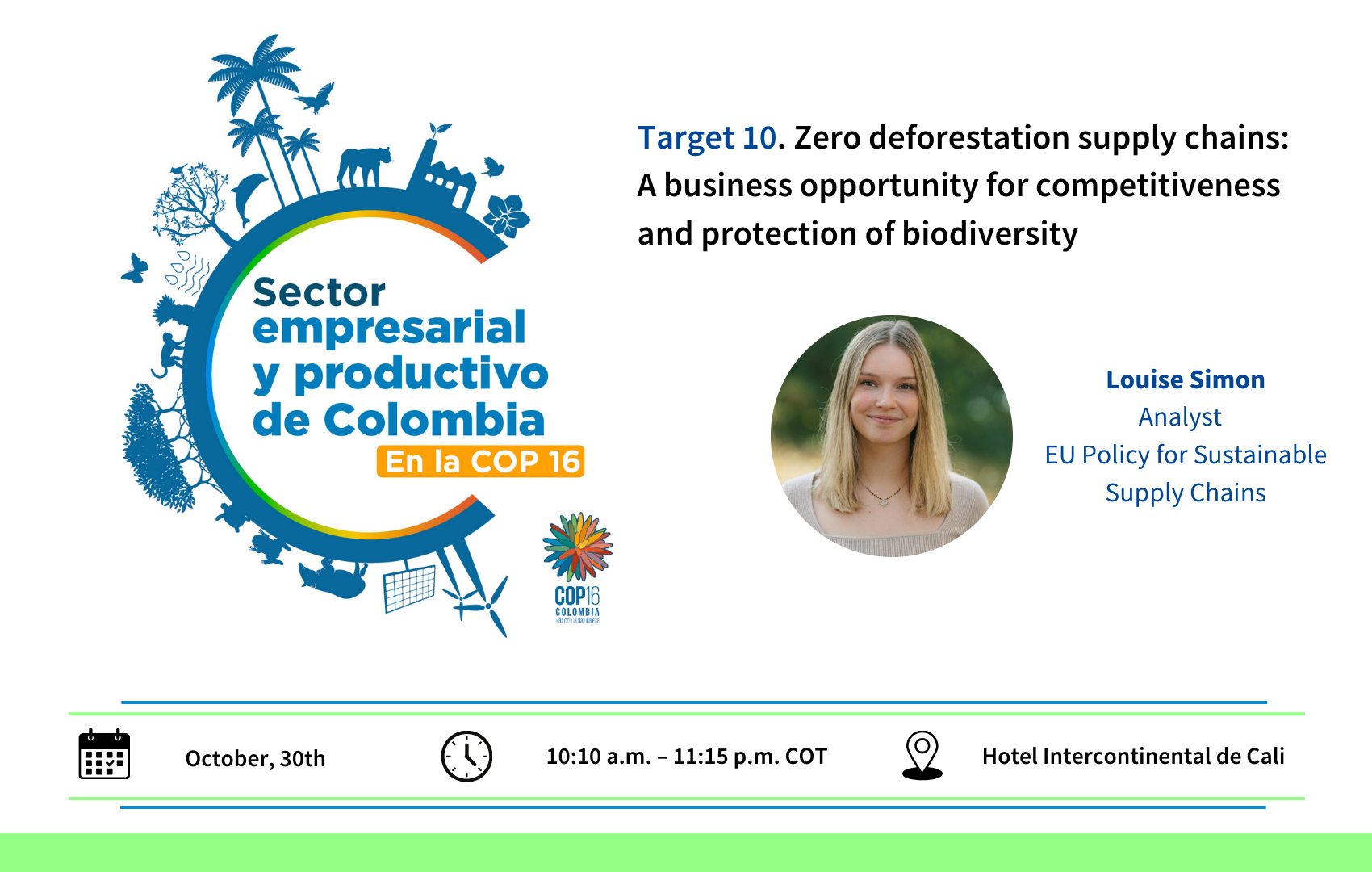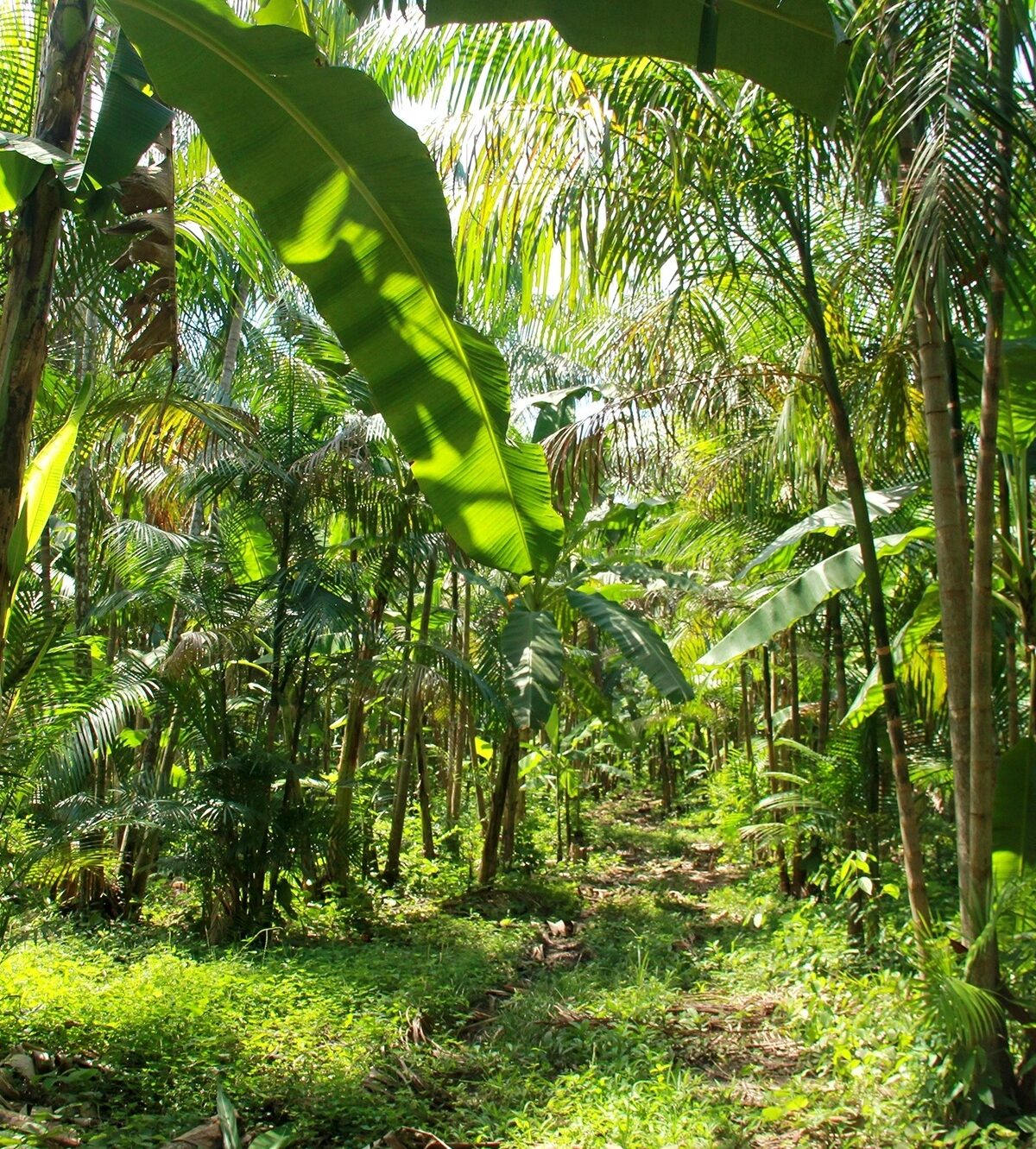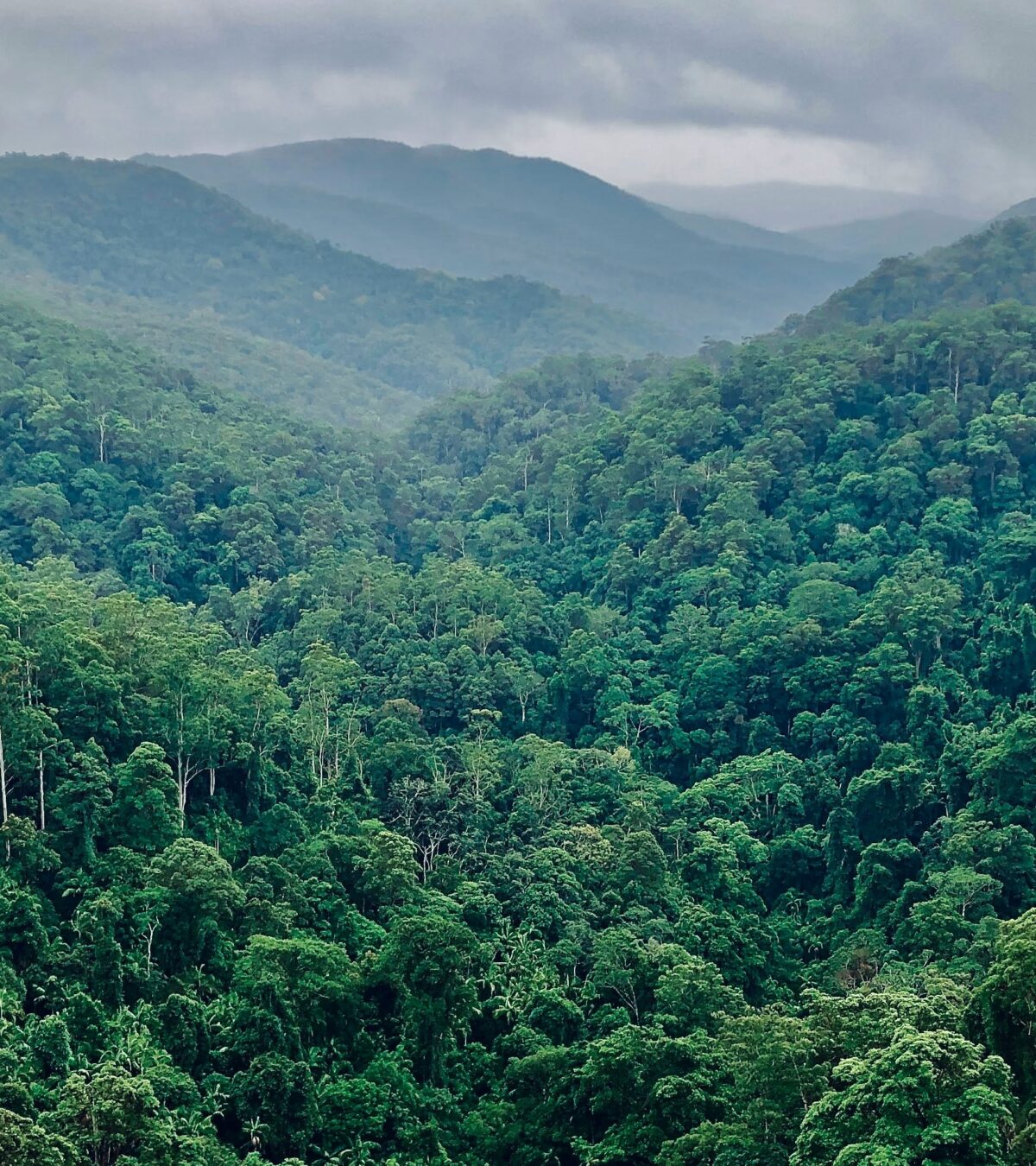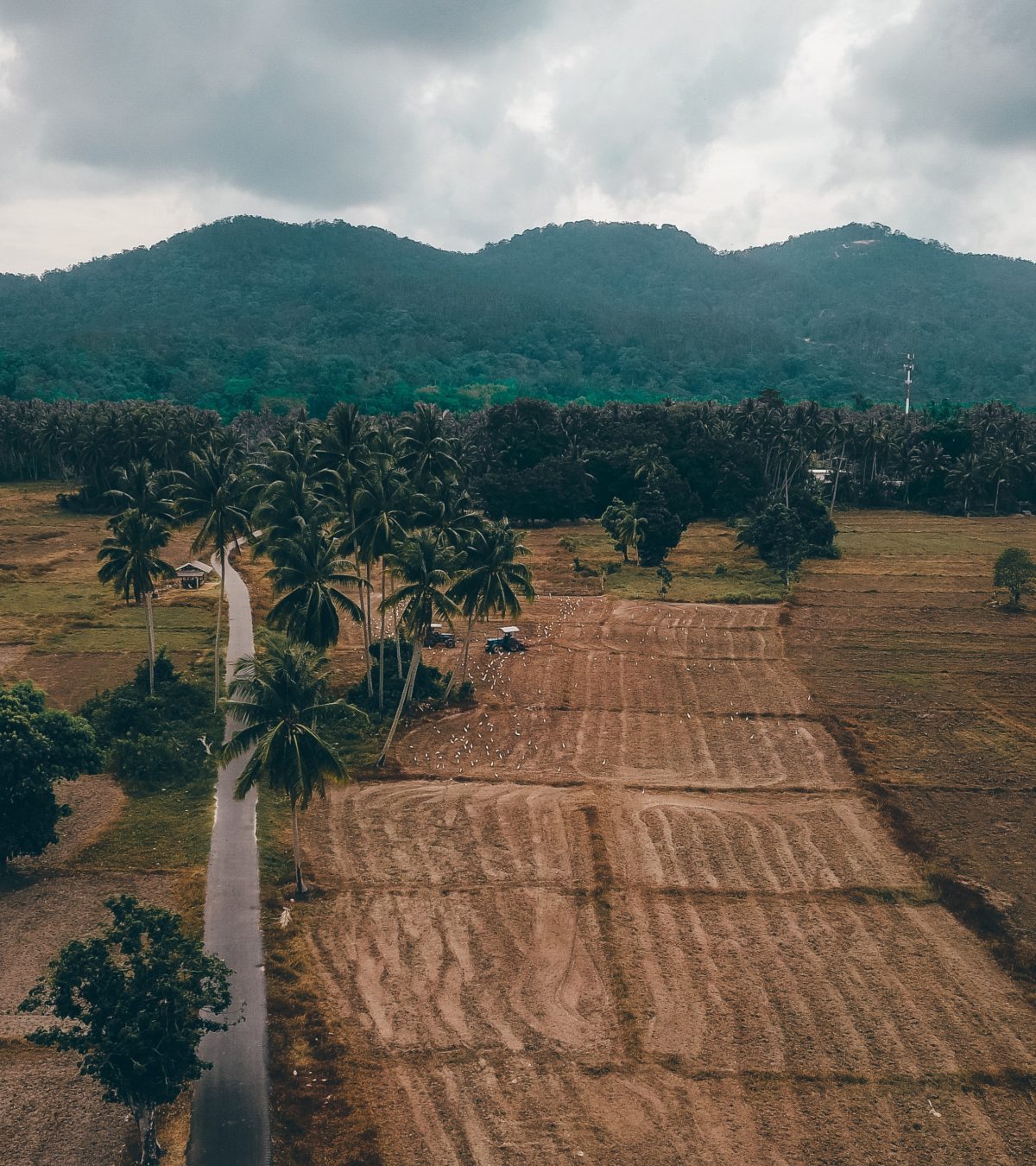
Parallel Dialogue Target 10: Supply chains and deforestation: a business opportunity for competitiveness and protection of biodiversity
November 14, 2024
Our EU Policy Analyst Louise Simon will give a Ted Talk format input to ANDI’s Business and Productive Sector Event of Colombia where she will talk about opportunities stemming from the transition to deforestation-free supply chains, especially for competitiveness and biodiversity protection. Find more information about the event by ANDI, here.
Target 10 of the Kunming-Montreal Biodiversity Framework Agreement sets a crucial goal to ensure food security while improving the resilience and performance of production systems.
“To ensure that areas under agriculture, aquaculture, fisheries and forestry are managed sustainably, including through the sustainable use of biodiversity, inter alia, by substantially increasing the implementation of biodiversity-friendly practices, such as sustainable intensification, archaeological and other novel methods, thereby contributing to resilience and long-lasting yields, and to the productivity of these production systems and food security, conserving and restoring biodiversity and maintaining nature’s contributions to people, including ecosystem services and functions. ”
Deforestation is directly related to the production of agro-commodities such as soybeans, palm oil and coffee, among others. These commodities are responsible for a significant part of global deforestation, as forest areas are converted into agricultural land to meet international demand. This dynamic not only contributes to biodiversity loss and climate change, but also puts producers at risk of facing trade barriers in markets that demand sustainable practices.
The global food and agriculture system represents, on the one hand, a threat to biological diversity; but, on the other hand, it offers the greatest opportunity to preserve the natural balance and, where it has already been altered, to contribute to the restoration of nature.In the context of the European Green Pact, an ambitious EU initiative that aims to make Europe the first climate-neutral continent by 2050, Regulation 1115/2023 on deforestation-free products imposes a marketing ban on products linked to deforestation and land degradation in the countries of origin. The EU Deforestation Free Regulation initially applies to seven products: soy, beef, palm oil, timber, cocoa, natural rubber and coffee, as well as certain products made from them, such as leather, chocolate and furniture. The EUDR will apply to large companies as of December 30, 2024 and to small companies as of June 30, 2025.
The dialogue “Deforestation-free Supply Chains: A Business Opportunity for Competitiveness and Biodiversity Protection” aims to explore how companies can transform their supply chains to eliminate deforestation while improving their competitiveness and contributing to biodiversity protection.



